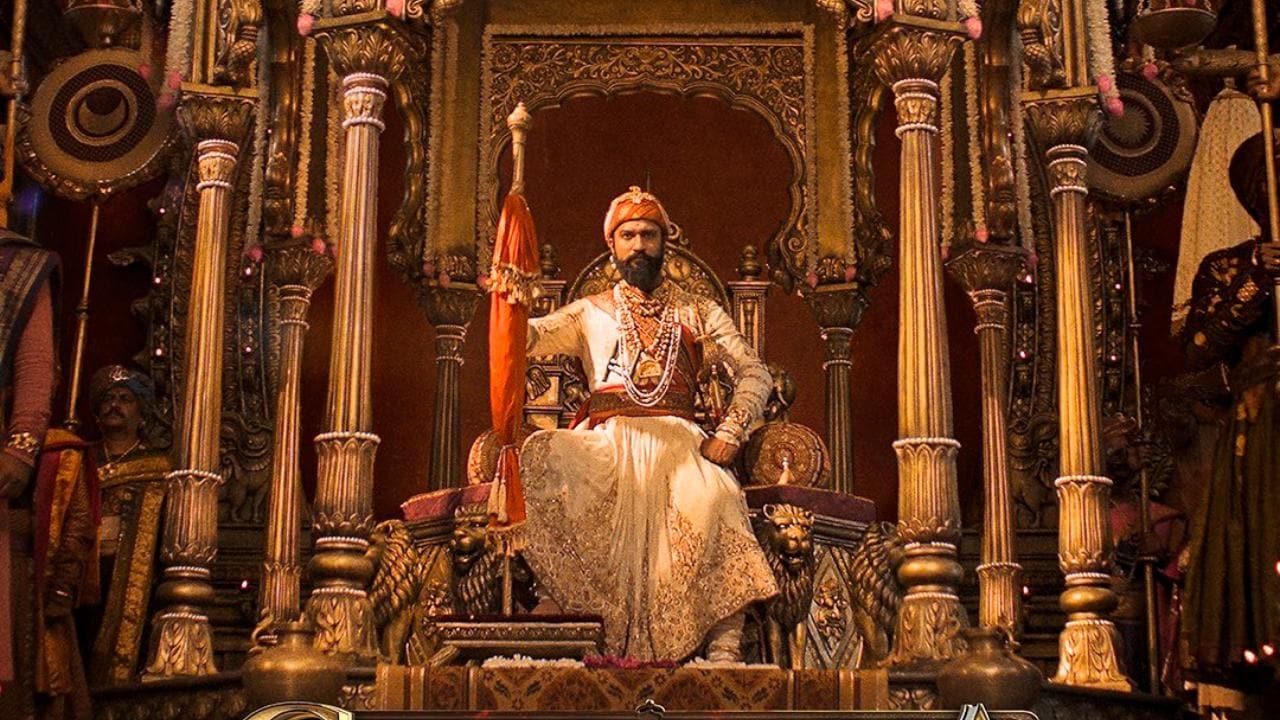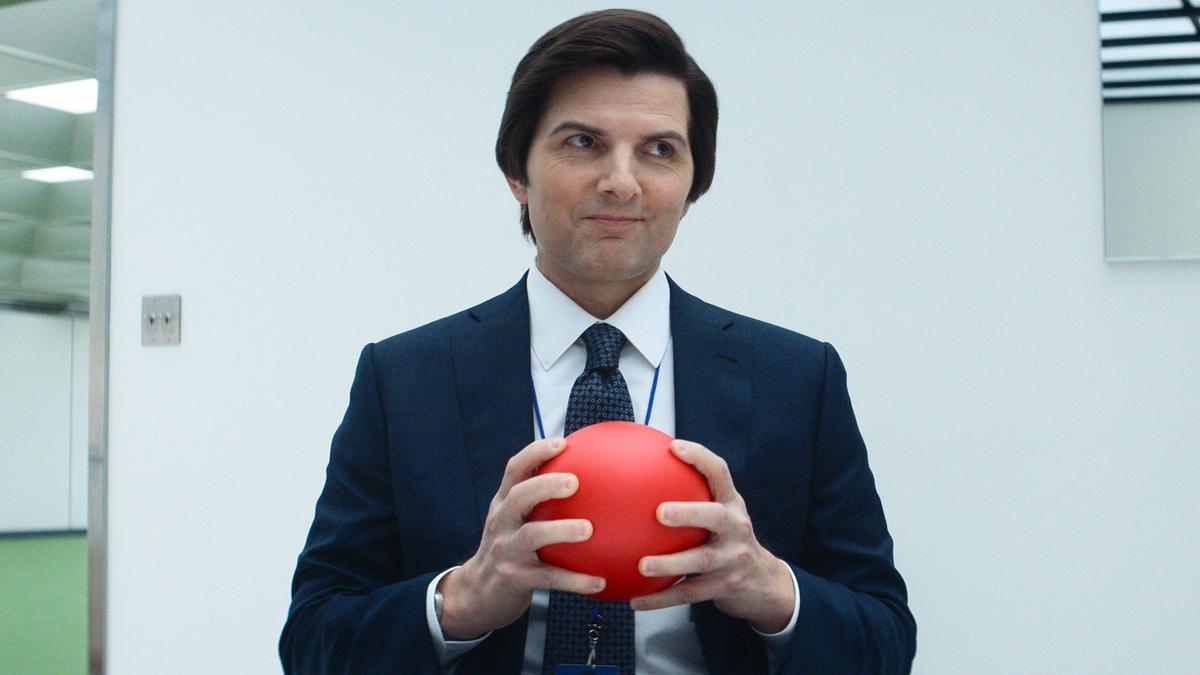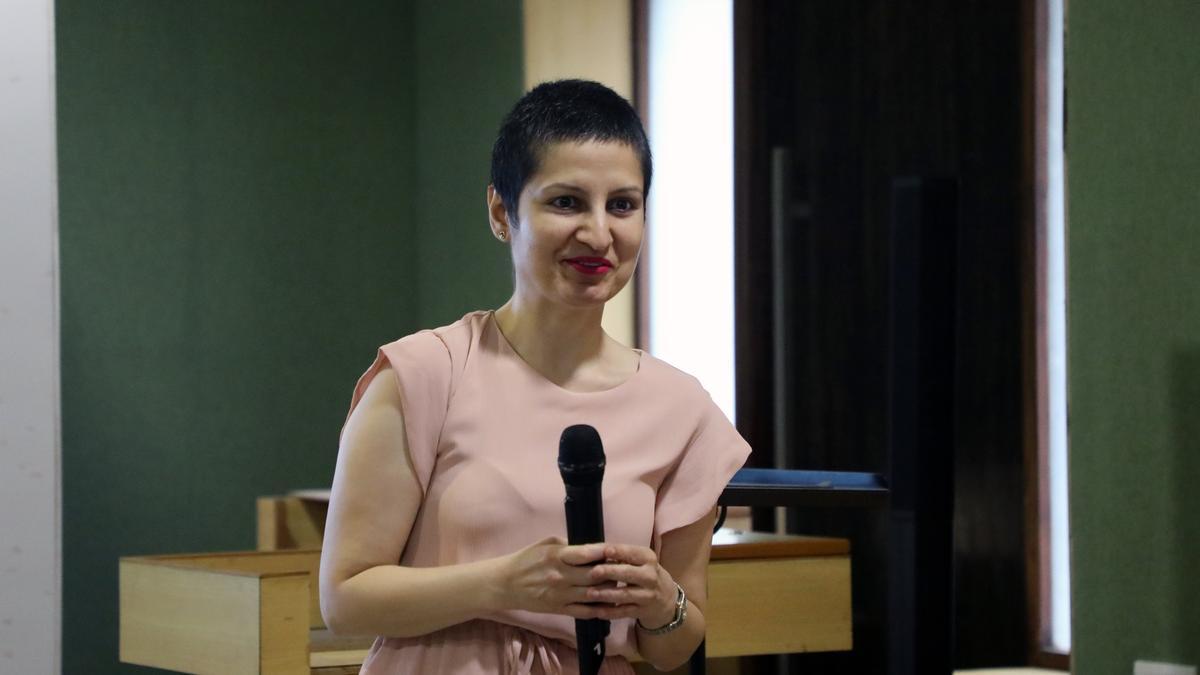
In the ever-evolving landscape of Indian cinema, actors often seek roles that challenge social norms and present powerful messages. Geetika Vidya Ohlyan’s commitment to the film “Tera Kya Hoga Lovely” exemplifies this pursuit, as she steps into the shoes of a character fighting against societal prejudices. The film, directed by Balwinder Singh Janjua, revolves around Ileana D’Cruz’s character, who faces rejection from prospective grooms due to her dusky complexion. It shines a light on the insidious bias toward fair skin and the prevalent dowry system. Ohlyan, resonating with the film’s thematic depth, embraced her role with enthusiasm, exclaiming, “The film isn’t a boring lecture about a cause, nor is it a slapstick comedy. In the guise of comedy, it promotes progress.”
Ohlyan is remembered for her impactful performance in the 2018 cop drama “Soni,” and she dons the khaki uniform once more, albeit in a sharply different tone. As she plays opposite the talented Randeep Hooda, she recalls her initial reluctance to repeat a similar role, but it was Chandrawal, the character she portrays, who captivated her. Chandrawal, she describes, is a woman of substance, disregardful of regulations and radiating an effervescent spirit. This character’s removal from the narrative, Ohlyan jokes, would be akin to extracting the beloved Circuit from the iconic “Munna Bhai” series.
Intriguingly, her friends questioned whether she assumed the titular role of Lovely, to which she jovially replied that she’s playing something “lovelier.” Ohlyan was drawn to the role for its gender-defying potential; it could have seamlessly been penned for a male counterpart, yet it proudly stands as a part for a woman—a woman whose husband supports and cherishes her unique strength, fueling a progressive depiction of gender roles within the cinematic context.
The post-pandemic era has ushered in a heightened sense of responsibility in storytelling for Ohlyan. She deliberates over her choice of scripts, gravitating towards those imbued with hope and the capacity to mend hearts amidst the chaos of a world in disrepair. “I don’t have a choice where the bombs are being dropped in the world, but I can choose stories that heal,” she elaborates, emphasizing her resolve to be a beacon of optimism through her craft.
The film “Tera Kya Hoga Lovely” is more than just entertainment; it’s a social commentary packaged in the form of a comedy—not merely to make audiences laugh, but to also evoke introspection and challenge deep-seated prejudices. Through her work, Ohlyan aspires to contribute to the collective healing process, advocating for a world where the worth of an individual is not judged by their skin color or body weight. Riding high on the critical success of previous roles, she is poised to captivate the audience once again, bringing to life a character that resonates with the current discourse on acceptance and diversity.
As she continues to navigate her career path, Ohlyan’s conscious selection of roles that embody both strength and sensitivity serve as a testament to her dedication as an artist. Her portrayal in “Tera Kya Hoga Lovely” is likely to stir conversations and possibly trigger a shift in mindset, making her not just a performer on screen but an agent of change off it. Audiences are eagerly anticipating the impact that this film, with Ohlyan’s spirited performance, will have on society’s journey towards inclusivity and understanding.










